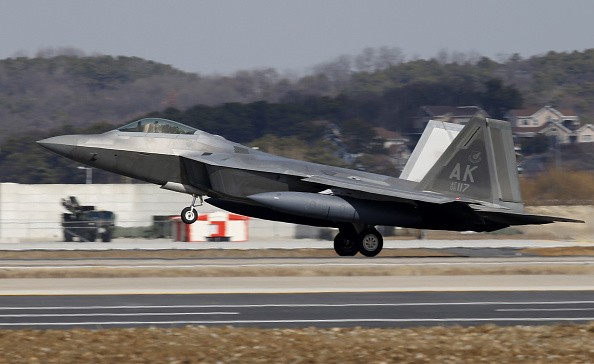North Korea is seen to launch its sixth nuclear missile this weekend, a move that is threatening the China-North Korea alliance.
Beijing tried to be the peacekeeper between the U.S. and North Korea and asked the White House and Kim Jong-un to engage in a peaceful negotiation and avoid military conflict.
China's foreign ministry spokesperson Wang Yi said, "Military force cannot resolve the issue. Amid challenge, there is an opportunity. Amid tensions, we will also find a kind of opportunity to return to talks."
China has also asked North Korea to stop engaging in the use of nuclear weapons because these have been banned by the United Nations.
However, experts believe that the alliance between China and other Asian nations is important. These nations which are supported by the U.S. will outweigh the current ties with North Korea.
According to Arthur Dong, professor at Georgetown's McDonough School of Business, "China from a geopolitical point of view as well as geostrategic point of view see North Korea as sort of a buffer zone from the potential encroachment, in a sense, surrounding China by powers that are all aligned with the United States."
"That ring fence that's sort of been built in the post-World War II period with American allies, starting with South Korea, then on Japan, then on to Taiwan and certainly places like Okinawa and the Philippines," he added.
"China is looking at this as potentially a military threat, and thus having a need to continue supporting its allies no matter how unsavory those allies are with the North Korean regime," Dong said.
On the other hand, China also wants to maintain a firm grip on North Korea. China comprises 83 percent of North Korean exports.
"China wants to reclaim its status as sort of the predominant power in east Asia, and in order to create that sort of perception they have to stand up for any ally in the region," Dong said.



























